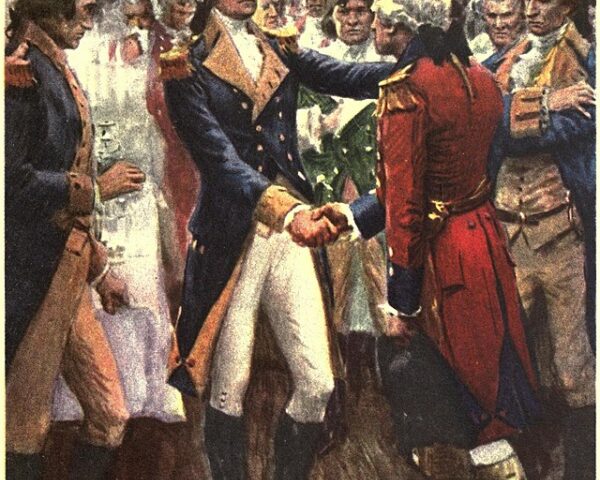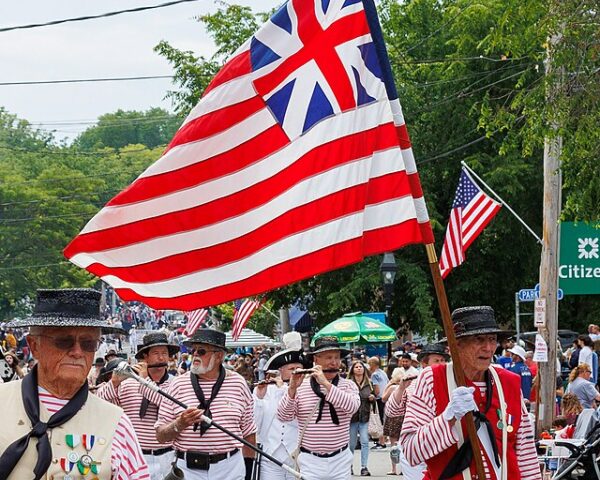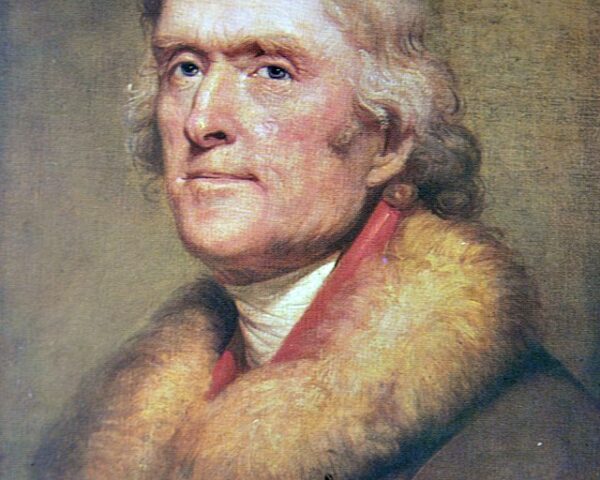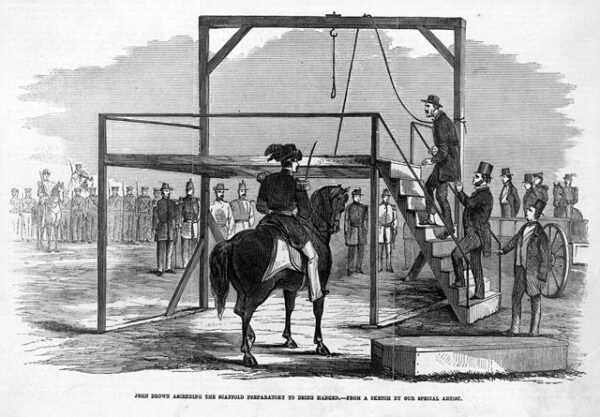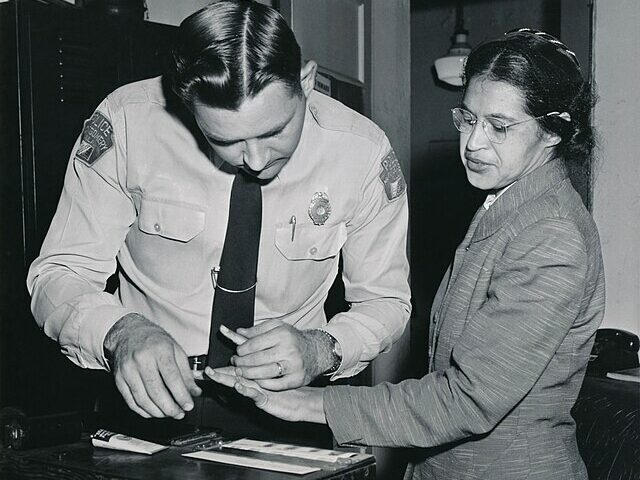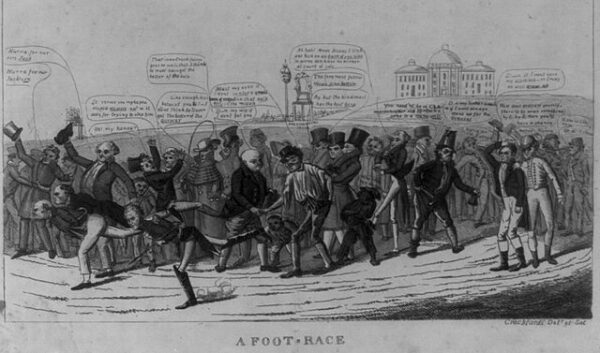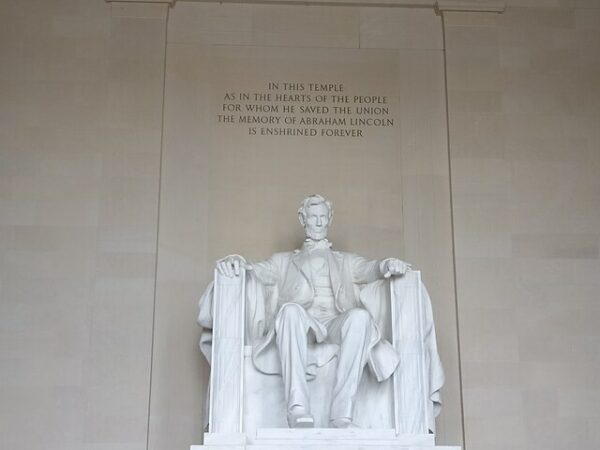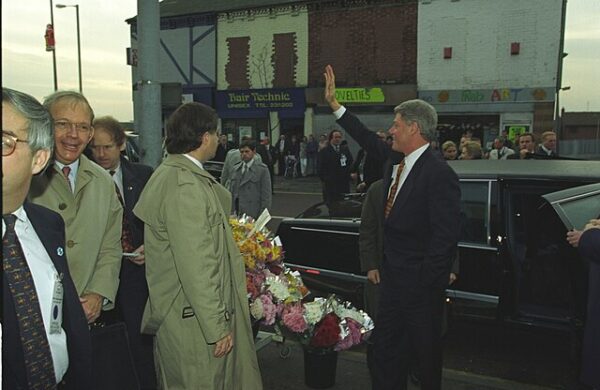On December 4, 1783, General George Washington stood before his officers at Fraunces Tavern in New York City to bid them farewell. The event marked the end of the American Revolutionary War and symbolized the transition from a nation in conflict to one embarking…
Read MoreOn December 3, 1775—six months after Lexington and Concord, and amid the halting, improvisational birth of a Continental Navy—the newly commissioned USS Alfred unfurled a banner no American warship had ever carried. It was not yet the “Stars and Stripes,” nor anything immediately recognizable…
Read MoreThe United States presidential election of 1800 remains one of the most dramatic and pivotal in the nation’s history. At its core was the Electoral College, the mechanism by which the president and vice president are formally elected. On December 3, the electors cast…
Read MoreThe first generation of Americans to witness commercial aviation mature from barnstorming spectacle to intercity utility could hardly miss the symbolism of December 2, 1939, when New York City formally opened its new municipal airport on the shoreline of Flushing Bay. In an era…
Read MoreJohn Brown’s hanging on December 2, 1859, was a moment of profound historical significance, symbolizing the deep divisions over slavery in pre-Civil War America. The execution occurred in Charles Town, Virginia (now West Virginia), just weeks after his failed raid on the federal armory…
Read MoreOn the evening of December 1, 1955, in a humid Southern city still governed by the iron routines of Jim Crow, a single act of refusal cracked the façade of segregation. Rosa Louise McCauley Parks—42 years old, a department-store seamstress, and a quiet stalwart…
Read MoreOn December 1, 1824, the presidential election did something that hasn’t happened since–it was turned over the House of Representatives to choose the president after no one achieved a majority in the Electoral College. That year’s race involved four major candidates: John Quincy Adams,…
Read MoreOn December 1, 1862, President Abraham Lincoln delivered his second State of the Union Address, a landmark speech that emphasized the moral and strategic motivations behind the Union’s fight in the American Civil War. Delivered just ten weeks after the preliminary Emancipation Proclamation, Lincoln…
Read MoreOn November 30, 1999, the streets of Seattle became the unexpected epicenter of a global political confrontation. What had been planned as a polished, high-profile opening to the World Trade Organization’s Third Ministerial Conference instead unraveled into a day of lockdowns, tear gas, immobilized…
Read MoreOn November 30, 1995, Bill Clinton delivered a historic address outside Belfast City Hall, marking a pivotal moment in Northern Ireland’s peace process. Speaking to a massive crowd, Clinton expressed strong support for efforts to end decades of sectarian violence and urged all parties…
Read More

